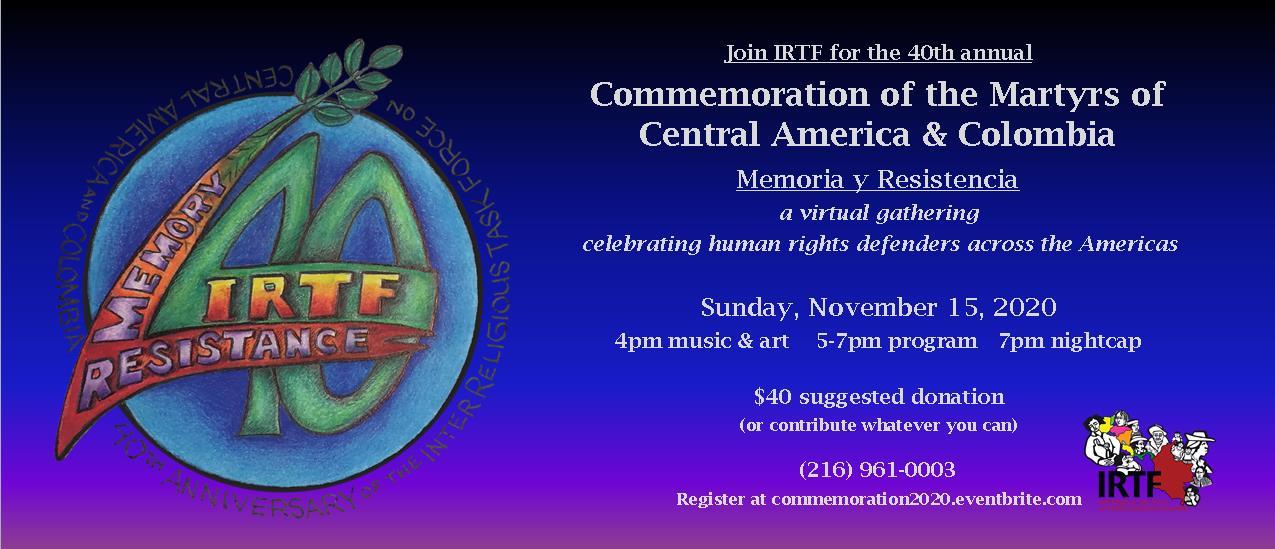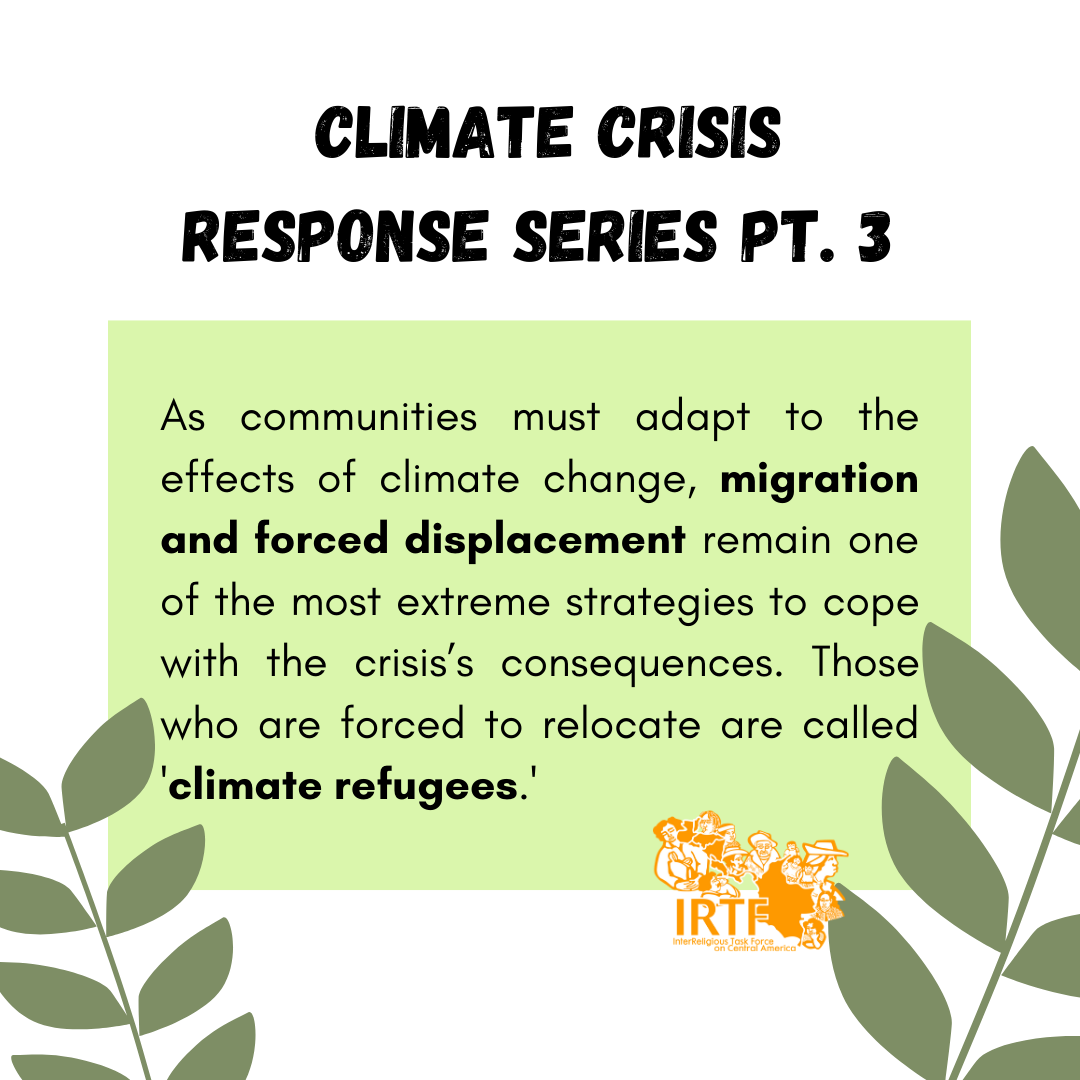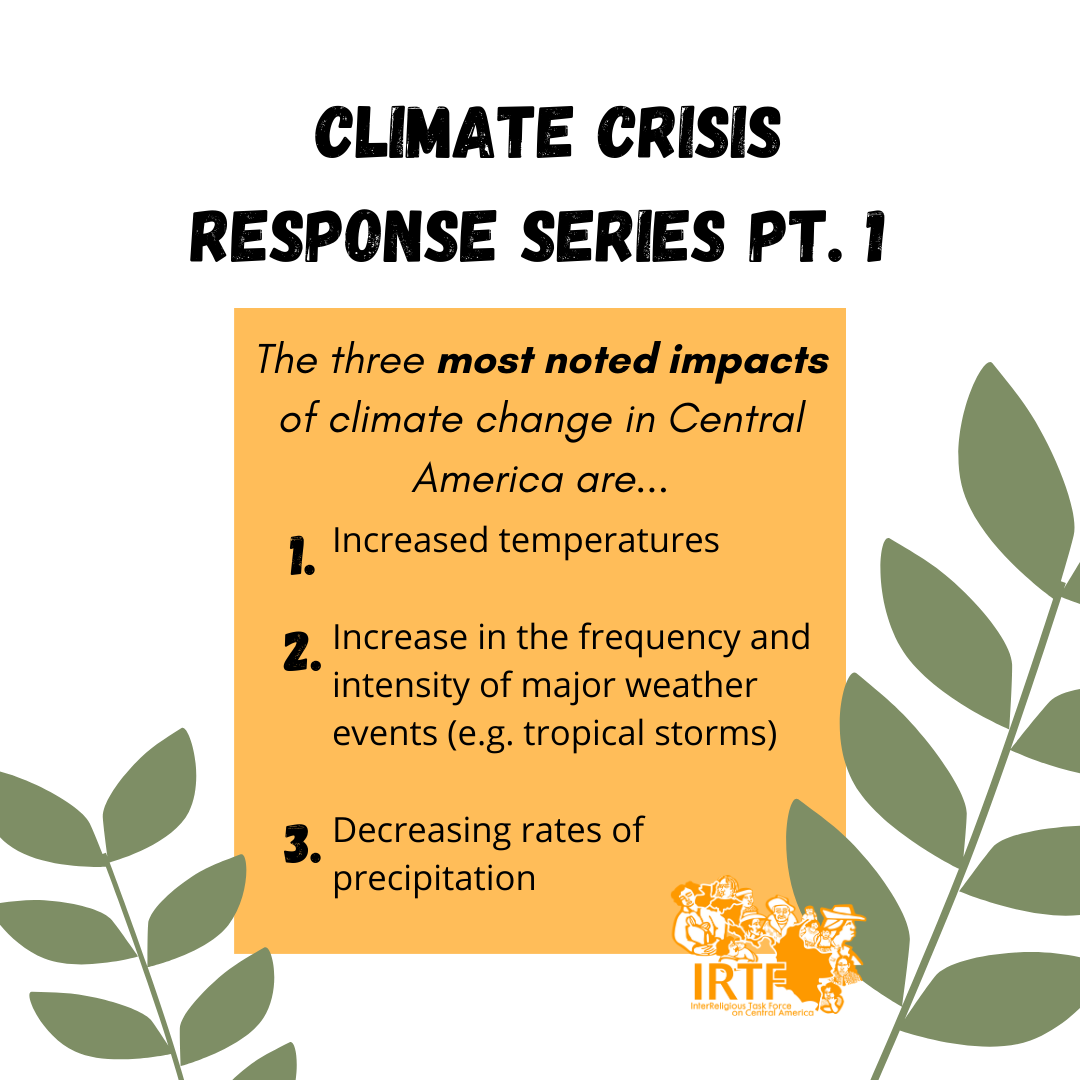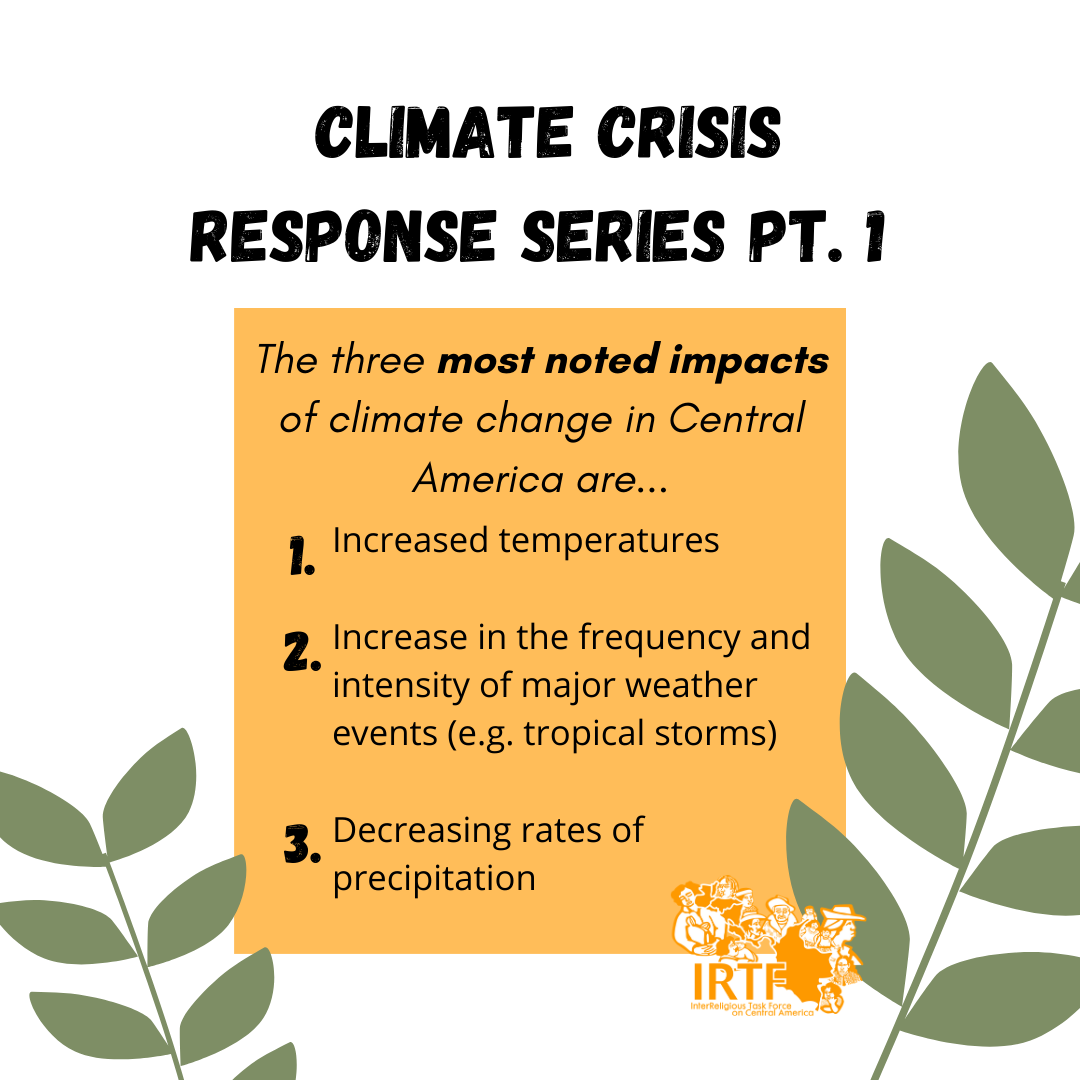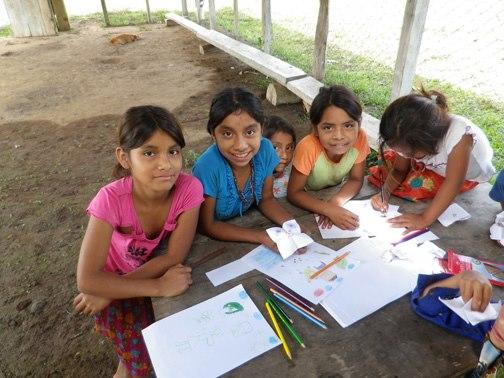See the program book from our special online gathering on November 15; recording and other links coming soon....On December 2, 1980, four women from the US working with the poor and displaced in El Salvador were kidnapped, raped and murdered by the US-backed military of El Salvador. Two of those women—Jean Donovan and Ursuline Sister Dorothy Kazel—were from Cleveland. In the end, they, along with Maryknoll Sisters Maura Clarke and Ita Ford, met the same fate as thousands of unnamed poor of El Salvador who were killed or disappeared. Join us on Sunday, November 15 as we commemorate their sacrifice, honor their legacy, and recommit ourselves to act in solidarity with poor and marginalized communities in Central America and Colombia.
- Home
- About Us
- Issues
- Countries
- Rapid Response Network
- Young Adults
- Get Involved
- Calendar
- Donate
- Blog
